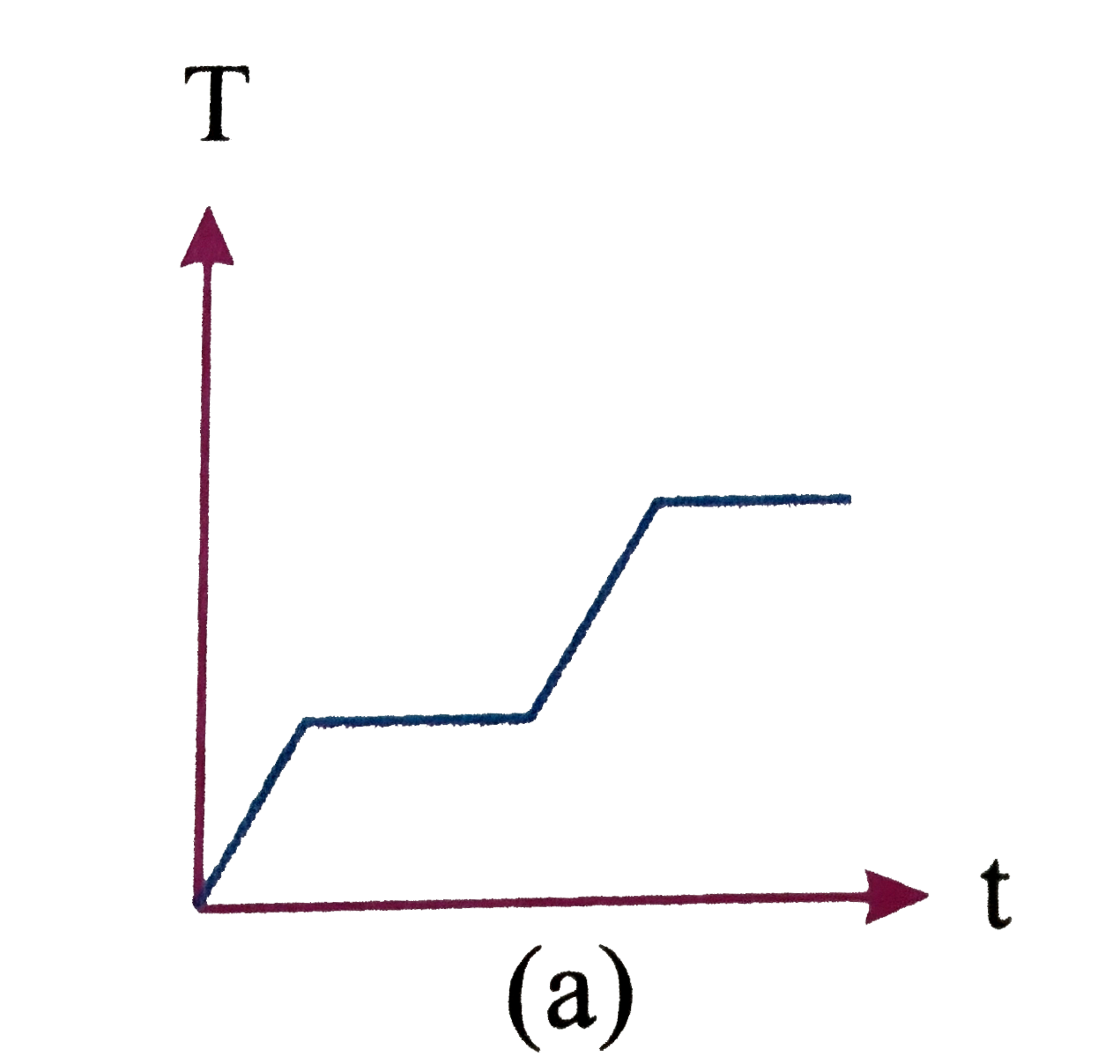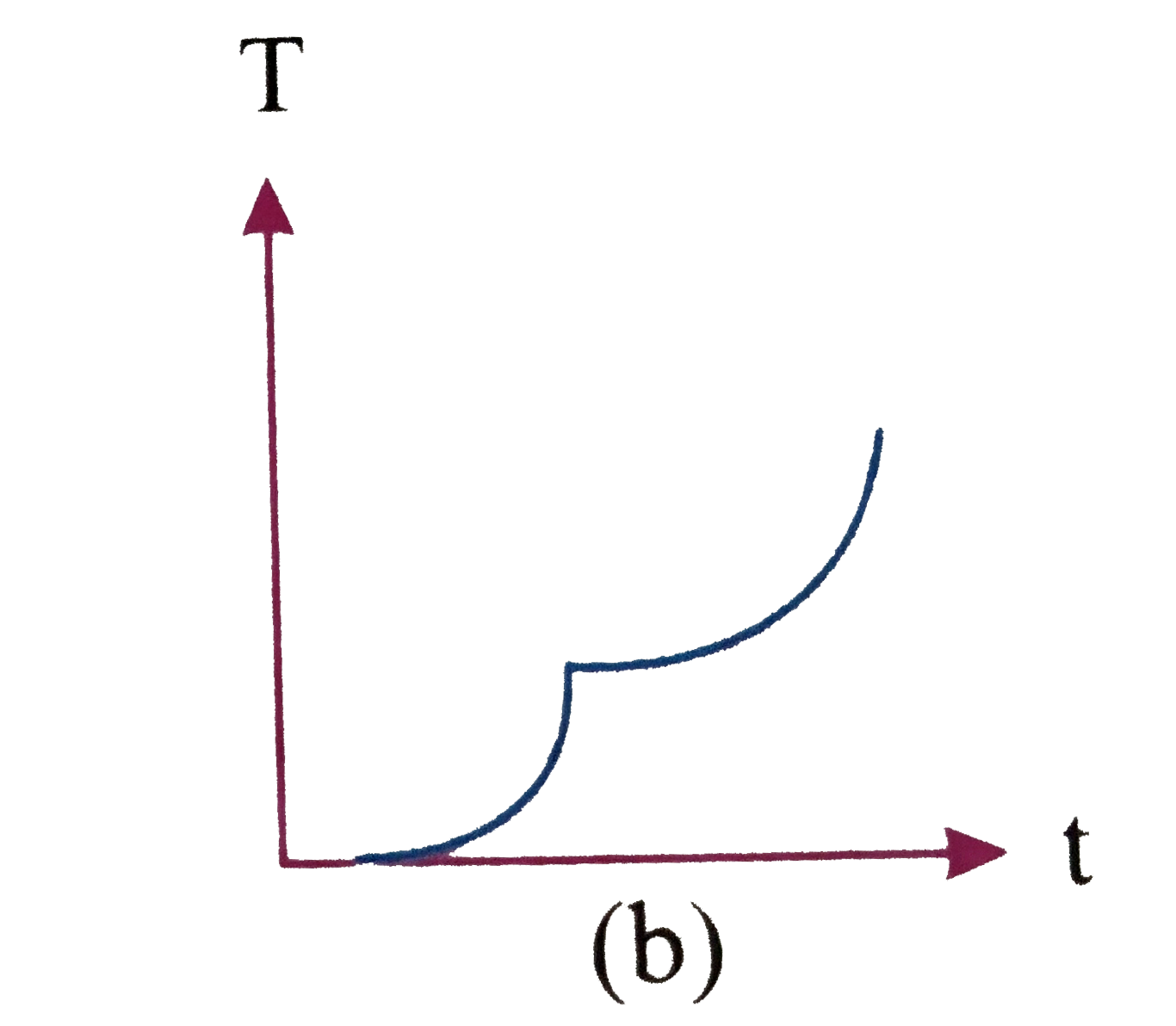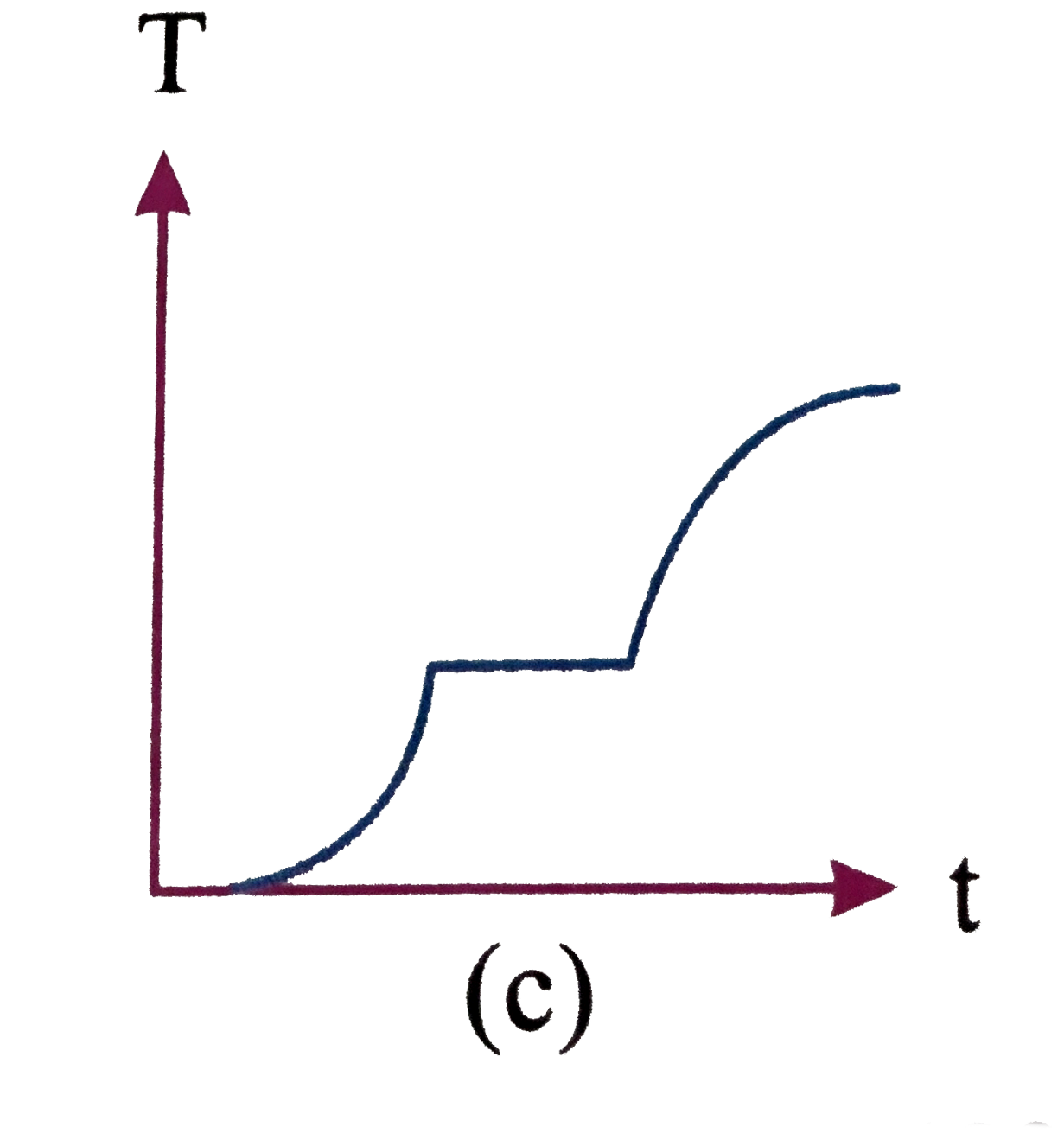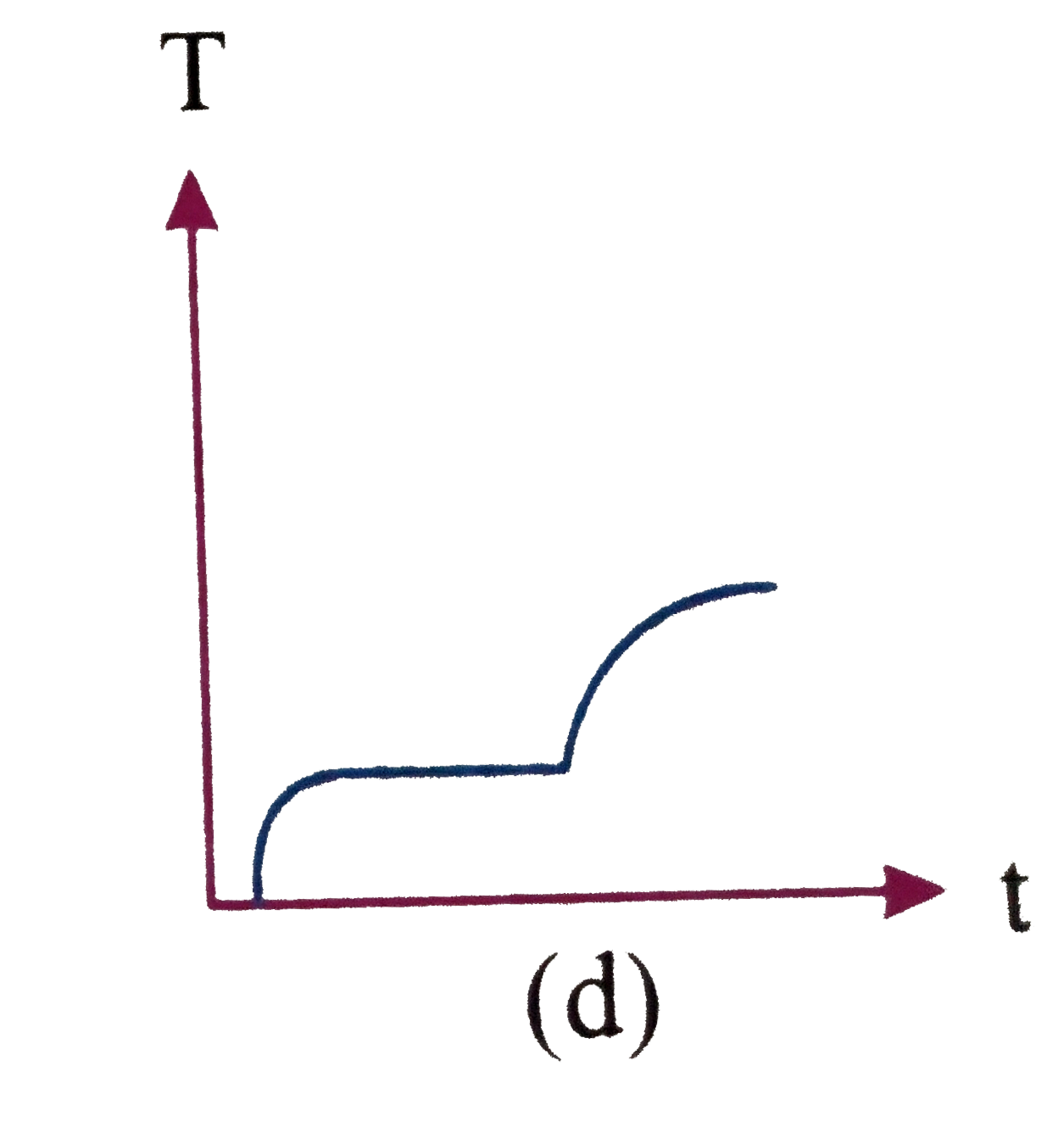Assertion : Specific heat of any substance remains constant at all temperatures.
Reason : It is given by s=1m⋅dQdt .
If both Assertion and Reason are true and the Reason is correct explanation of the Assertion.
If both Assertion and Reason are true but Reason is not the correct explanation of Assertion.
If Assertion is true, but the Reason is false.
If Assertion is false but the Reason is true.
The correct Answer is:D
Specific heat is a function of temperature. But for most of the substances variation with temperature is almost negligible.
Topper's Solved these Questions
- CALORIMETRY & HEAT TRANSFERBook:DC PANDEYChapter:CALORIMETRY & HEAT TRANSFERExercise:Level 1 Objective
Explore 11 Videos
- CALORIMETRY & HEAT TRANSFERBook:DC PANDEYChapter:CALORIMETRY & HEAT TRANSFERExercise:Level 1 Subjective
Explore 13 Videos
- CALORIMETRY & HEAT TRANSFERBook:DC PANDEYChapter:CALORIMETRY & HEAT TRANSFERExercise:Exercise 22.2
Explore 7 Videos
- BASIC MATHEMATICSBook:DC PANDEYChapter:BASIC MATHEMATICSExercise:Exercise
Explore 13 Videos
- CALORIMETRY AND HEAT TRANSFERBook:DC PANDEYChapter:CALORIMETRY AND HEAT TRANSFERExercise:Medical entrance s gallery
Explore 38 Videos
Similar Questions
Knowledge Check
Assertion : Specific heat capacity is the cause of formation of land and sea breeze.
Reason : The specific heat of water is more than land.AIf both assertion and reason are true and the reason is correct explanation of the assertion.BIf both assertion and reason are true but reason is not the correct explanation of assertion.CIf assertion is true, but the reason is false.DIf assertion is false but the reason is trueAssertion :− Change in internal energy is zero for all gases at constant temperature.
Reason :− Internal energy is function of temperature only.AIf both Assertion & Reason are True & the Reason is a correct explanation of the Assertion.BIf both Assertion & Reason are True but Reason is not a correct explanation of the Assertiion.CIf Assertion is True but the Reason is False.DIf both Assertion & Reason are FalseIf specific heat capacity of a substance in solid and liquid is proportional to the temperature of substance, then temperature Vs time plot for the substance is best present by [Assume heat is supplied to substance at constant rate and initial temperature is less than melthing pint of substance.
A B
B C
C D
D
Can a system be heated and its temperature remains constant?
View SolutionCan we define specific heat capacity at constant temperature?
View SolutionHow much heat (in joule) is required to raise the temperature of 205g of water from 21.2∘C to 91.4∘C. Specific heate of water is 4.18Jg−1.∘C−1
Strategy : The specific heat of a substance is the amount of heat required to raise the temperature of 1g of the substance by 1∘C.
Thus
Specific heat
=(Amount of heat in joules)(Mass of substance in grams)(Temperature change in.∘C)
Rearrangement gives.
Amount of heat (q)= Mass of substance (m)× Specific heat
(c)× Temperature change (ΔT)
View SolutionFor any substance, why does the temperture remain constant during the change of state?
View SolutionIf γ is the ratio of specific heats and R is the universal gas constant, then the molar specific heat at constant volume CV is given by
View Solution